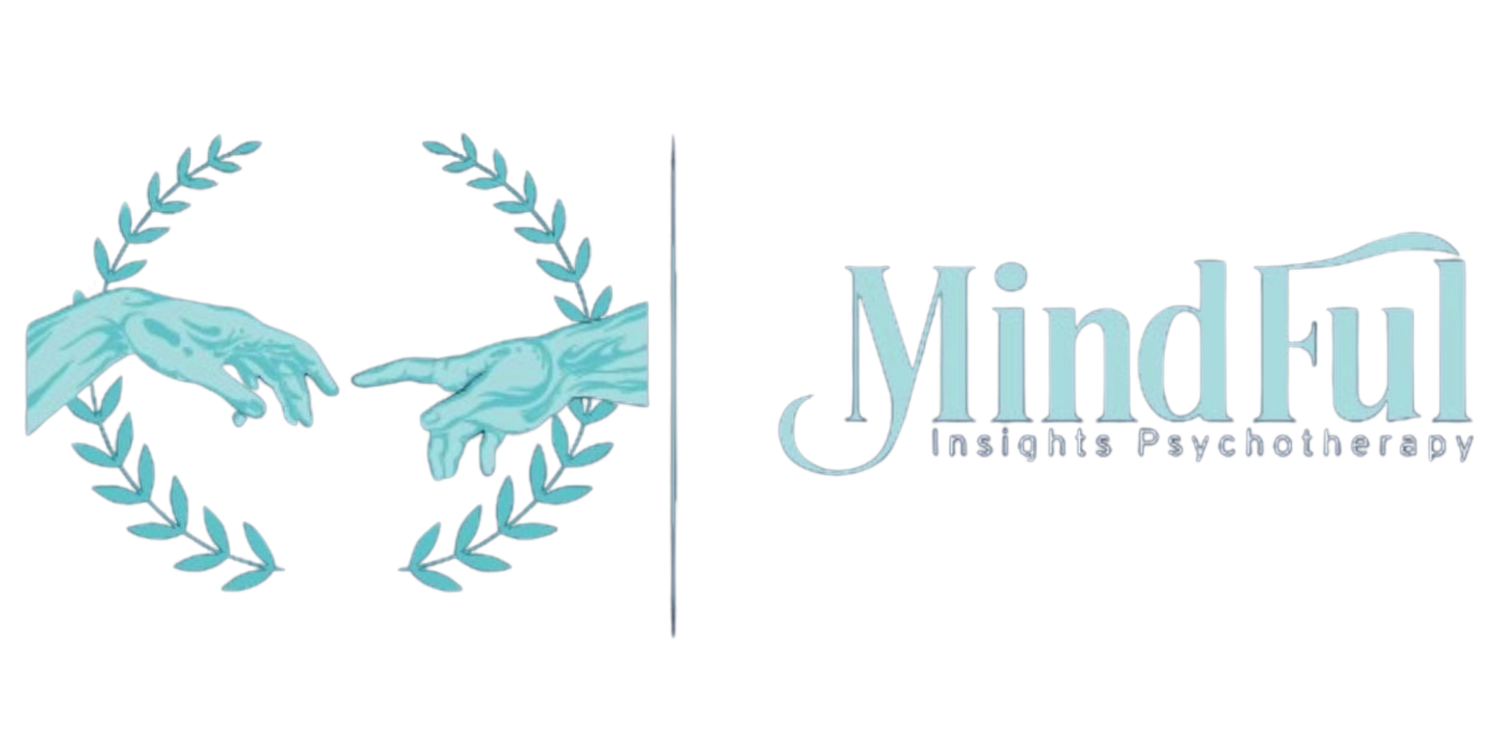Psychodynamic Therapy
Psychodynamic therapy is a time-tested therapeutic approach rooted in the understanding of how past experiences and unconscious processes influence present thoughts, emotions, and behaviours. Developed from the work of Sigmund Freud, psychodynamic therapy focuses on exploring the complex interplay between a person's conscious and unconscious mind.
How it Works
In psychodynamic therapy, clients are encouraged to delve into their early life experiences, relationships, and patterns of behaviour to gain insight into their current struggles and challenges. The therapist helps clients uncover unconscious conflicts, defense mechanisms, and unresolved emotions that may be contributing to their difficulties.


If you’re wondering about therapy or ready to see if an MIP therapist is right for you, book a free 15 minute phone consultation.
Benefits of Psychodynamic Therapy
-
Explore Relationship Dynamics
Psychodynamic therapy emphasizes the importance of exploring transference and countertransference, whereby clients project their feelings and experiences onto the therapist, and the therapist, in turn, experiences their own emotional reactions towards the client. By examining these dynamics within the therapeutic relationship, clients can gain valuable insights into their interpersonal patterns and internal conflicts.
-
Deep Layers of the Psyche
Throughout the therapy process, clients are encouraged to engage in free association, dream analysis, and exploration of childhood memories to access deeper layers of their psyche. By bringing unconscious material into conscious awareness, clients can gain a greater sense of self-understanding and agency in their lives.
-
Collaborate and Grow
Psychodynamic therapy is a collaborative and exploratory process that unfolds over time, allowing clients to gradually make meaning of their experiences and develop more adaptive ways of relating to themselves and others. While rooted in psychoanalytic theory, contemporary psychodynamic therapy integrates insights from attachment theory, relational psychology, and neuroscience to offer a comprehensive approach to psychological healing and growth.


